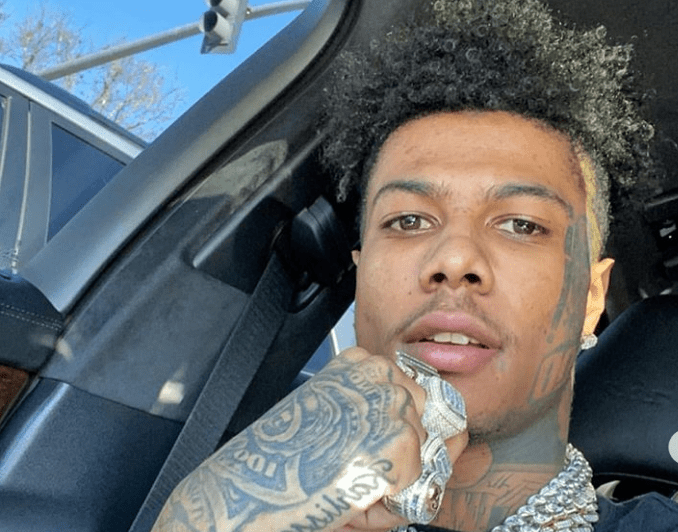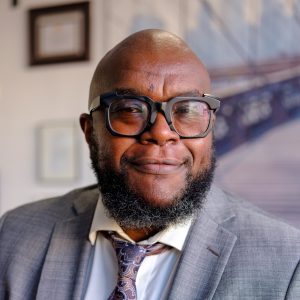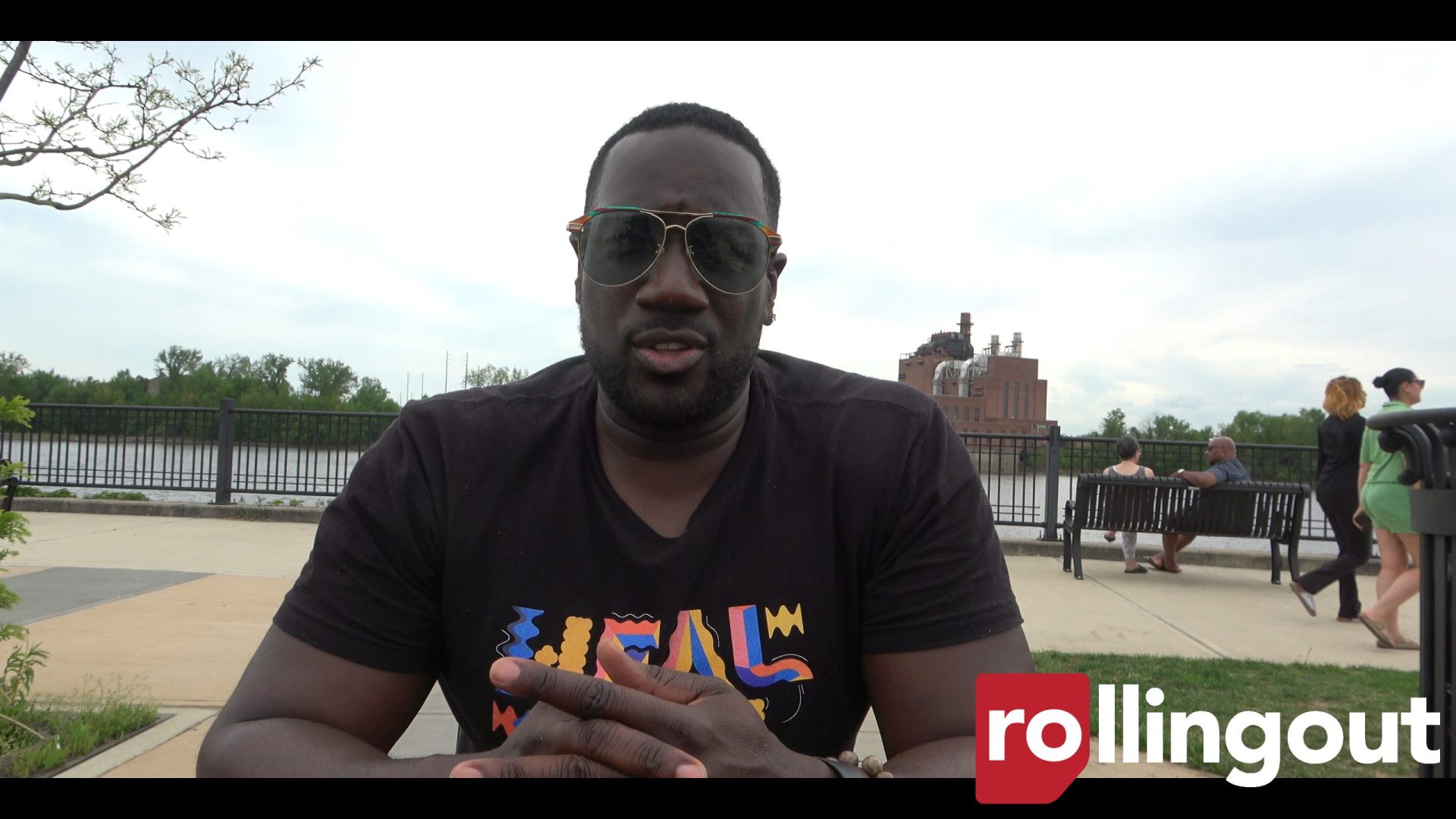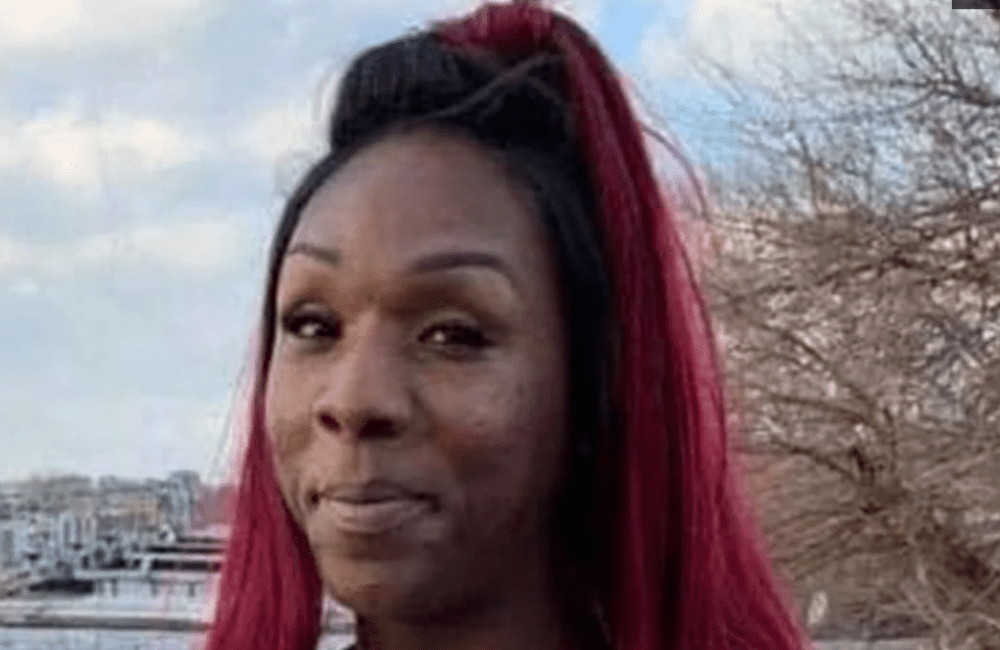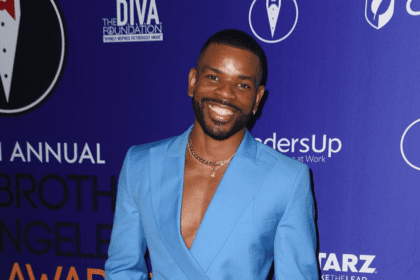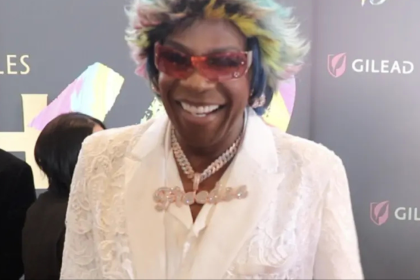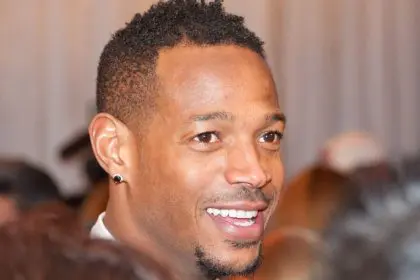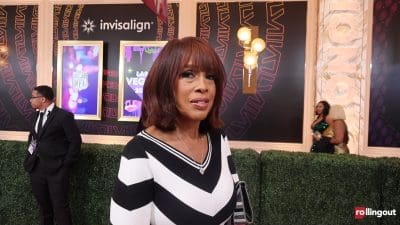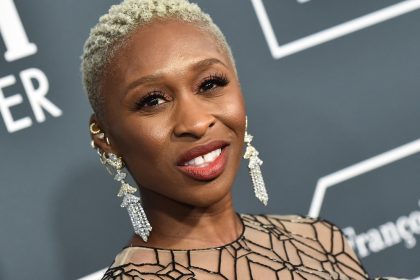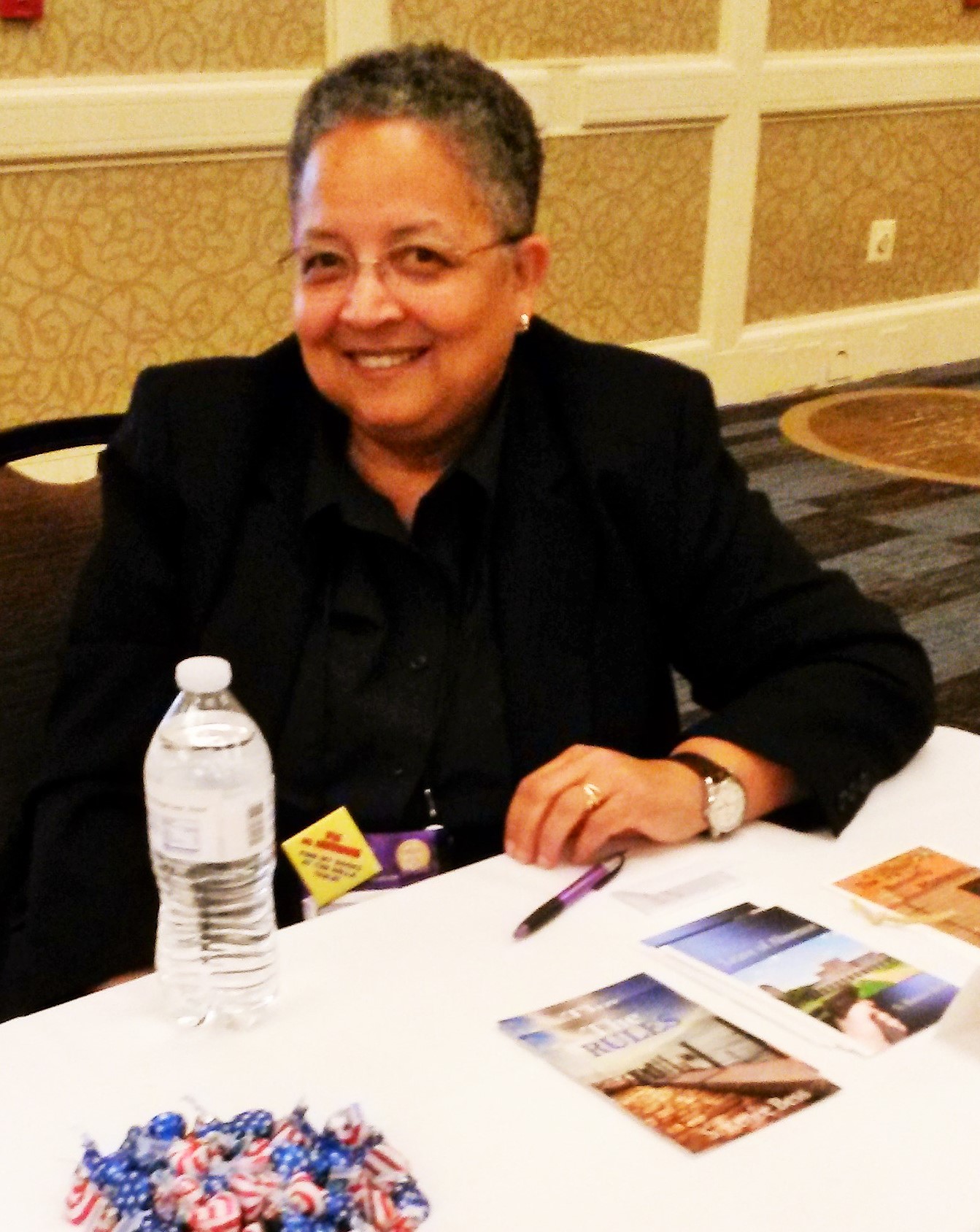
Writer and blogger Renée Bess along with author Lee Lynch took a detour from writing fiction in order to assemble an anthology featuring works of creative non-fiction, short fiction, and poetry from an inclusive group of LGBTQ authors. The book Our Happy Hours, LGBT Voices from the Gay Bars represents Bess and Lynch’s agreed upon goal to showcase the post-Pulse Nightclub massacre reflections of a diverse group of LGBT writers.
Bess discusses the work below.
What was the genesis of the anthology?
A couple of months after the Pulse Nightclub tragedy, I began thinking about the role the gay bar plays in the lives of our community. At the same time, I continued reading articles and blogs about the massacre. One essay in particular resonated with me. It was written by an author and friend, Lee Lynch. It occurred to me that so many of us had opinions, memories, and thoughts about the places we once regarded as areas where we were safe. I contacted Lee and asked her if she’d like to collaborate on an anthology project. She accepted the invitation and agreed with me that we’d donate all of the book’s revenues to two organizations that offer assistance to LGBTQI youth, the Attic Youth Center and the Ali Forney Center.
How did you find the writers who contributed to the book?
Lee and I contacted the writers we knew personally and we posted a call for submissions in Lambda Literary’s Newsletter, Facebook posts, and in our online writers’ groups. We’re grateful for the many submissions we received.
What do you hope the readers will gain from the book?
I hope they enjoy and appreciate the inclusion of so many writers as well as the presence of different genres. I hope also that the readers gain something I gained through listening to the authors’ varied voices. That is, the realization that we have more in common with each other than we might think; that the experience of being oppressed simply because we are the “other” can imbue us with a powerful amount of empathy and the ability to appreciate each other beyond the artifices of gender identity, sexuality, and racial/ethnic differences.
Gay bars were once considered “safe places.” Would you say that is no longer the case and if so, why?
I’ll temper my answer by explaining that on the pendulum of optimism I’m usually somewhere between realism and pessimism. That said, in my view very few places seem to be safe in today’s world. I’d type my answer to this question more quickly if I didn’t have my fingers crossed, and my heart filled with hopes for everyone’s safety during today’s Eagles Victory parade. Unfortunately, we hear the expressions of anger and hatred quite regularly now. People who wish to do harm have been emboldened while others must fight the attempts to take away our First Amendment rights.
Who is your favorite writer?
I don’t have a favorite writer, but I do have books I’ve held close. I’ll always remember the way Toni Morrison used English as if it were a paintbrush when she wrote Sula; Martin Luther King’s “Letter Written from a Birmingham Jail” was an eloquent introduction to persuasive prose. Langston Hughes’ “The Sweet Flypaper of Life; Nikki Giovanni (every one of her books), June Jordan’s “Some Changes”; and Cheryl Clarke’s “Humid Pitch” showed me the many possibilities inherent in poetry. Sapphire’s Push reminded me that eloquence, similar to some of life’s experiences, is not always pretty.
Our Happy Hours is available online through Bella Books (www.bellabooks.com), Kobo Books (www.kobobooks.com) and Amazon (www.amazon.com).


